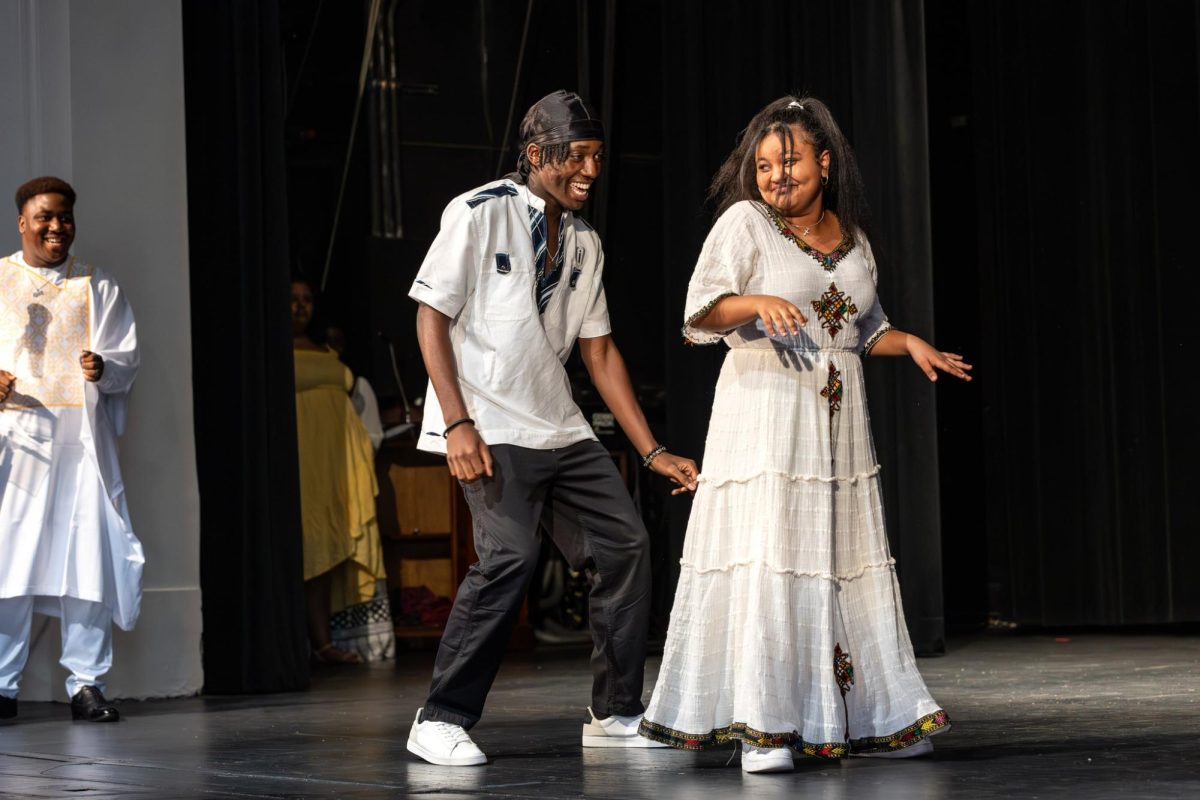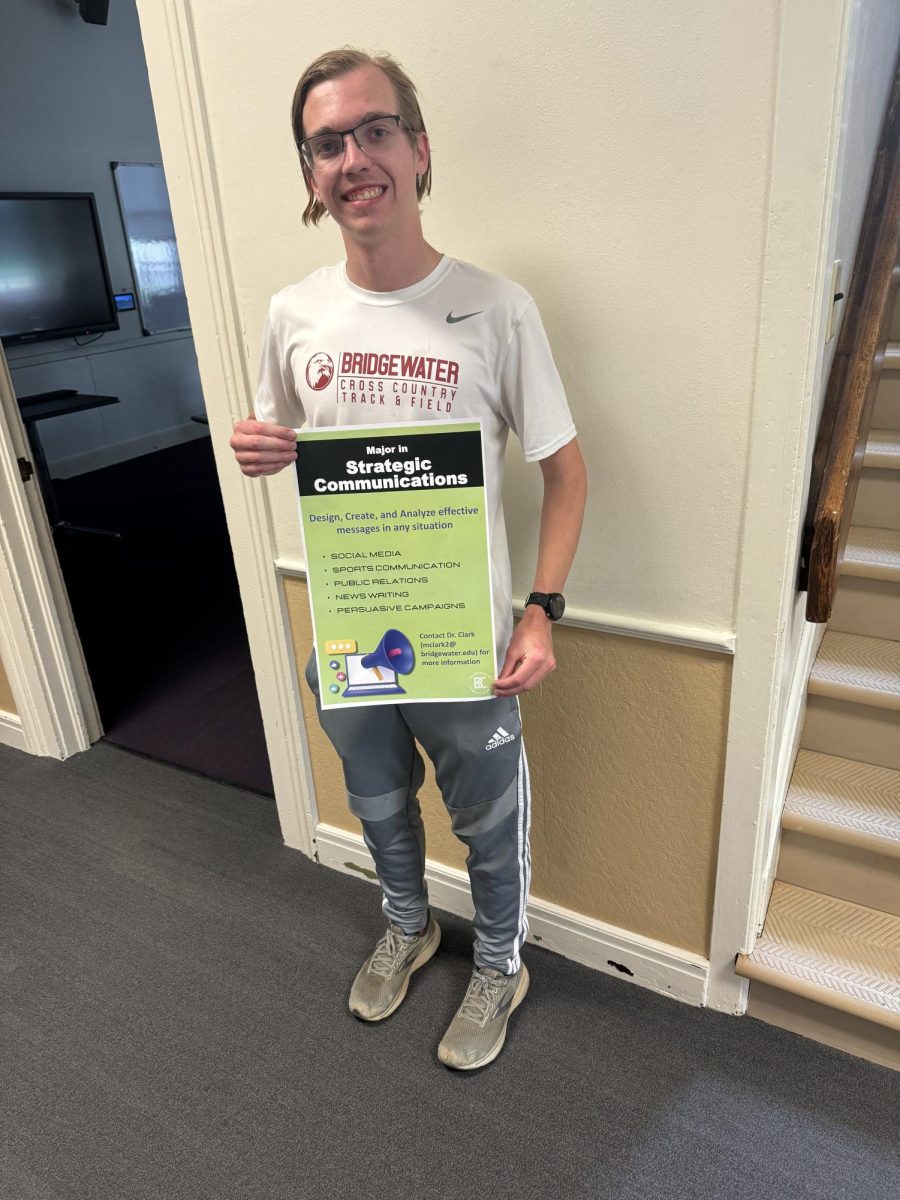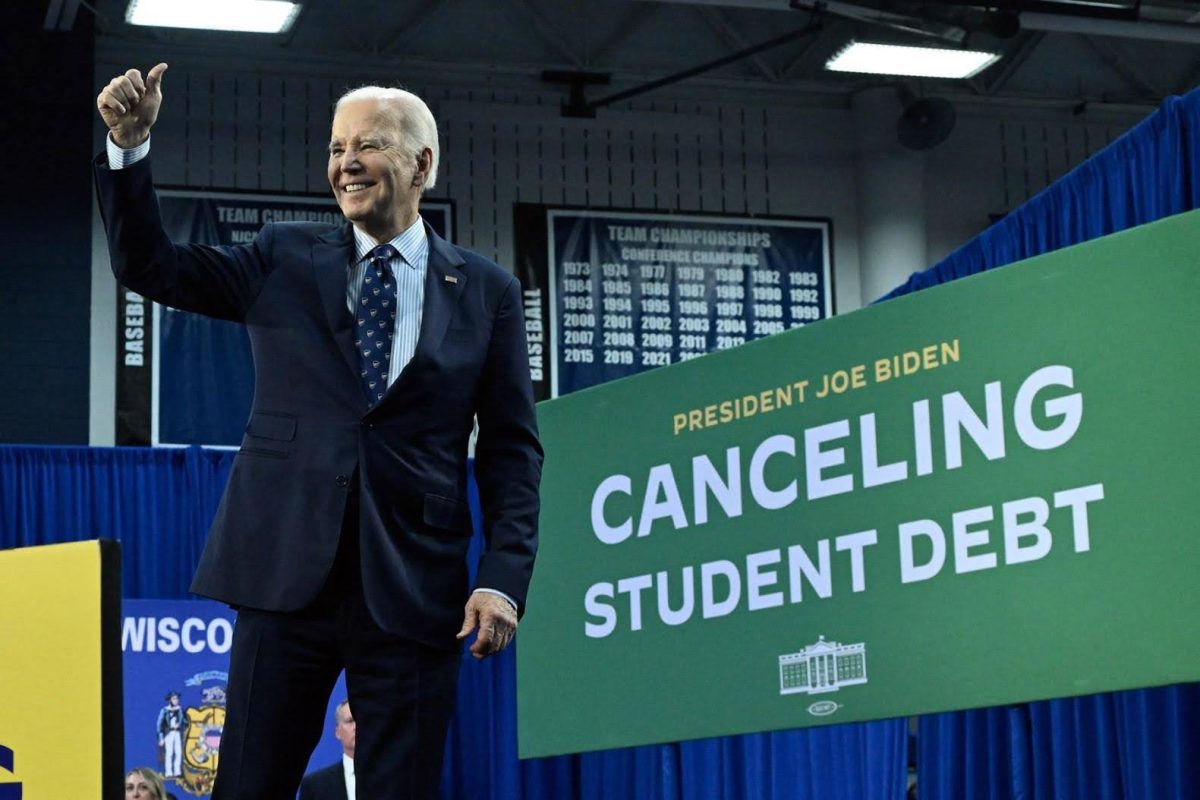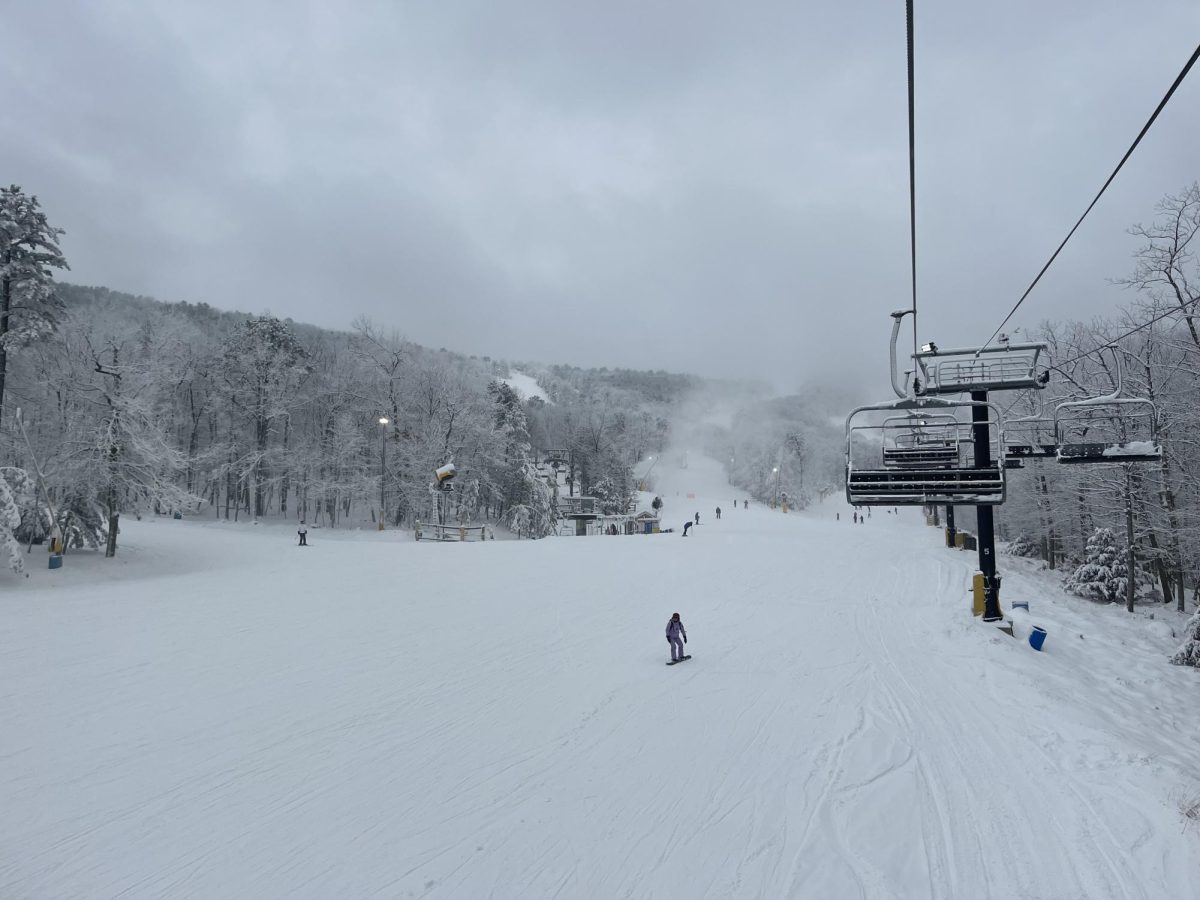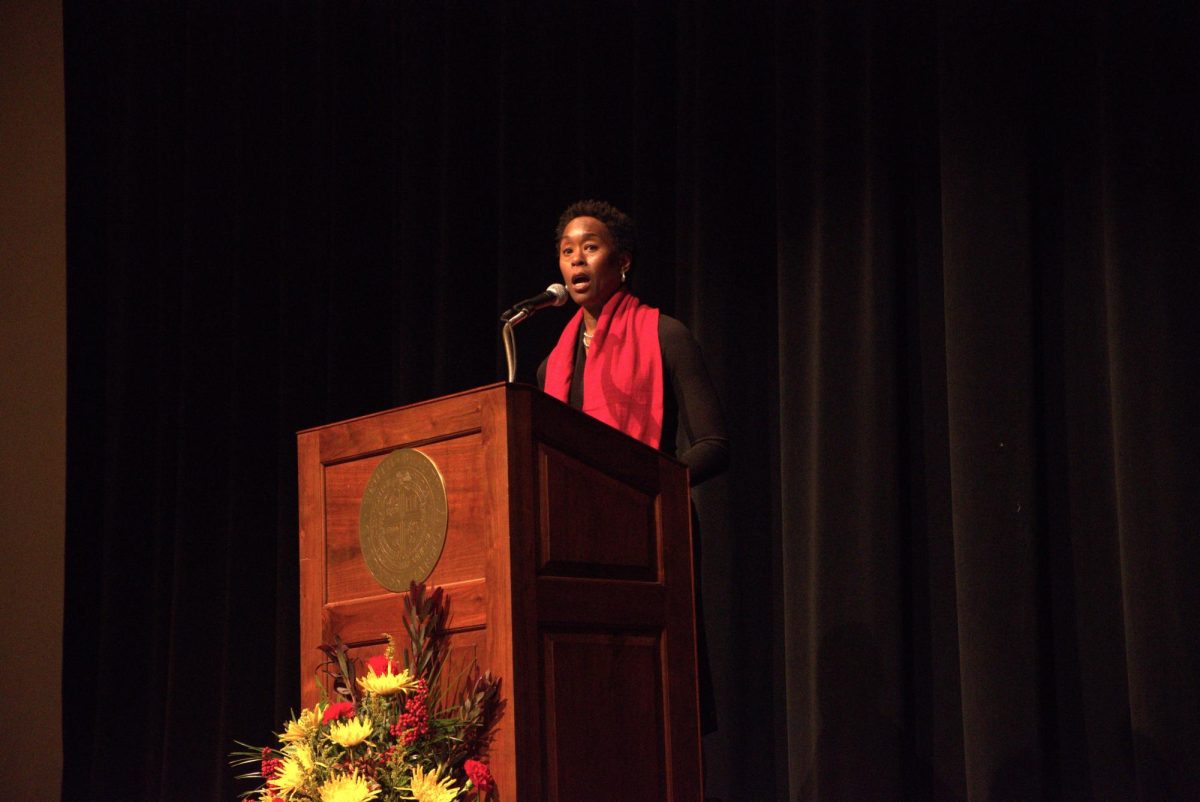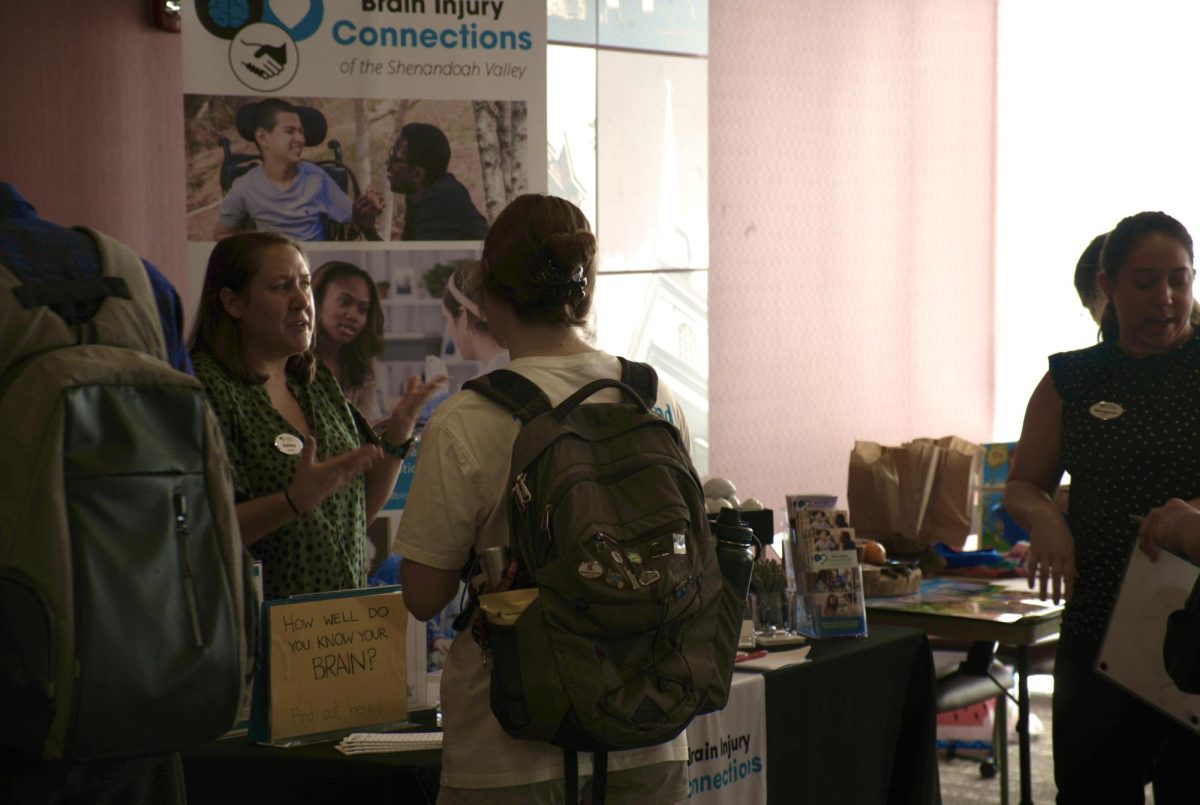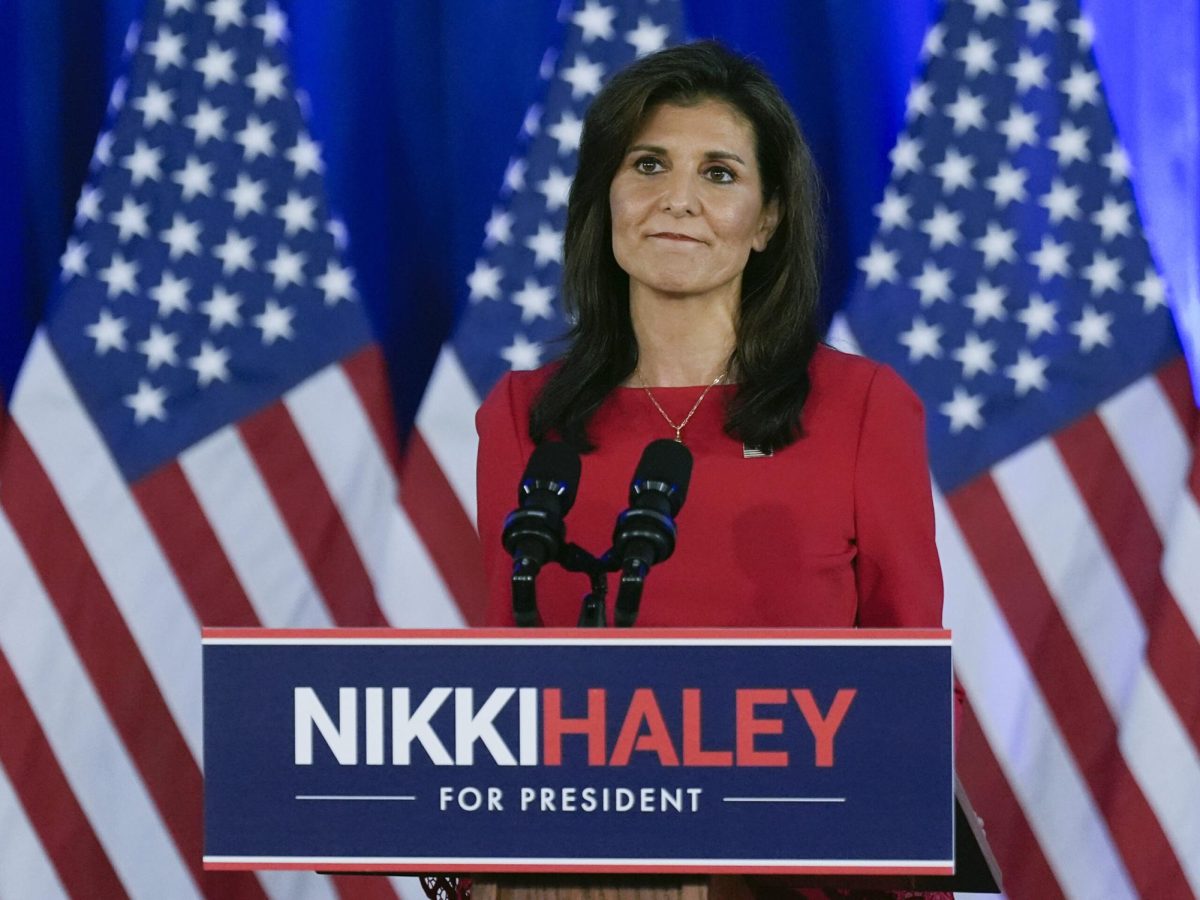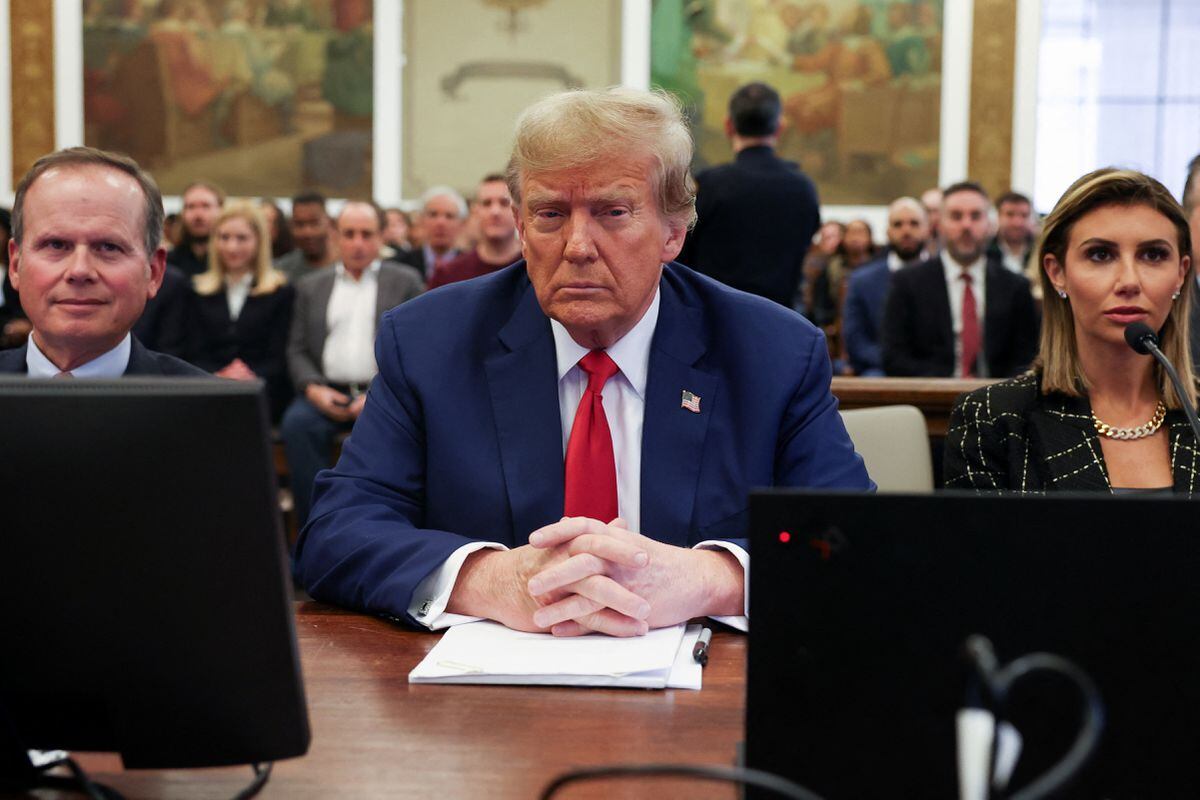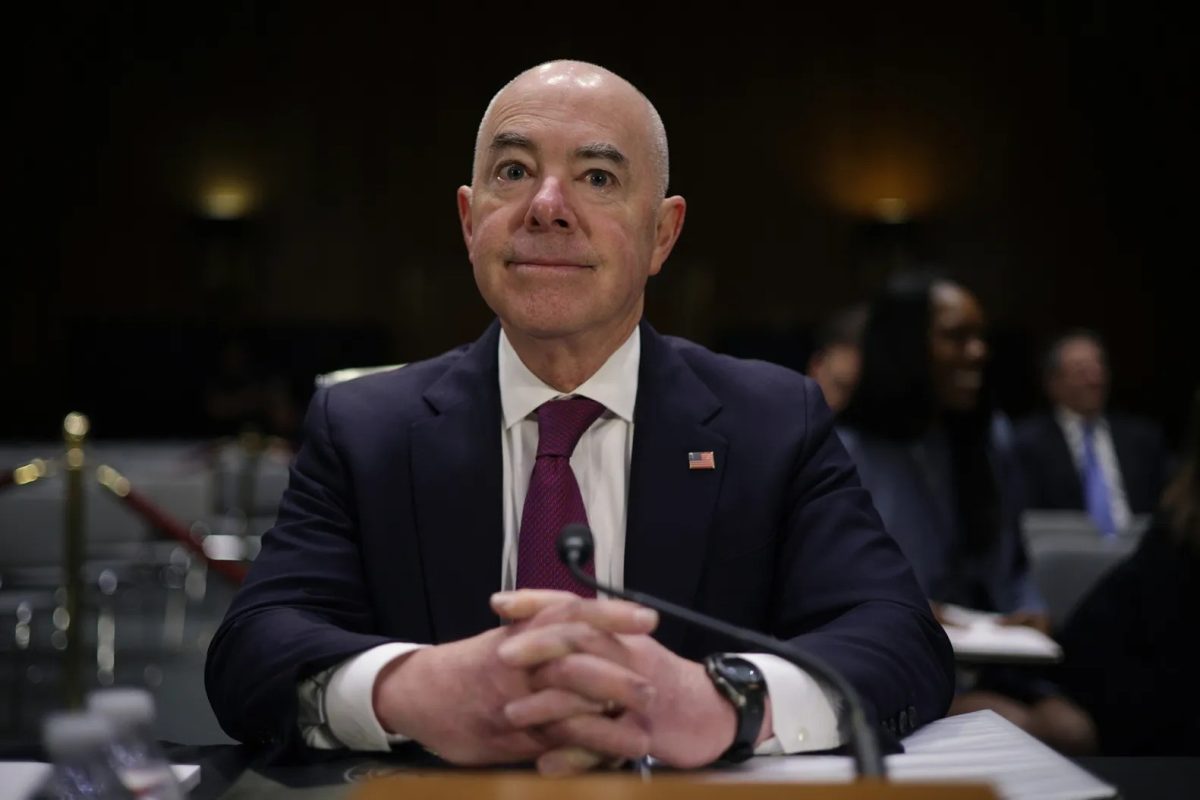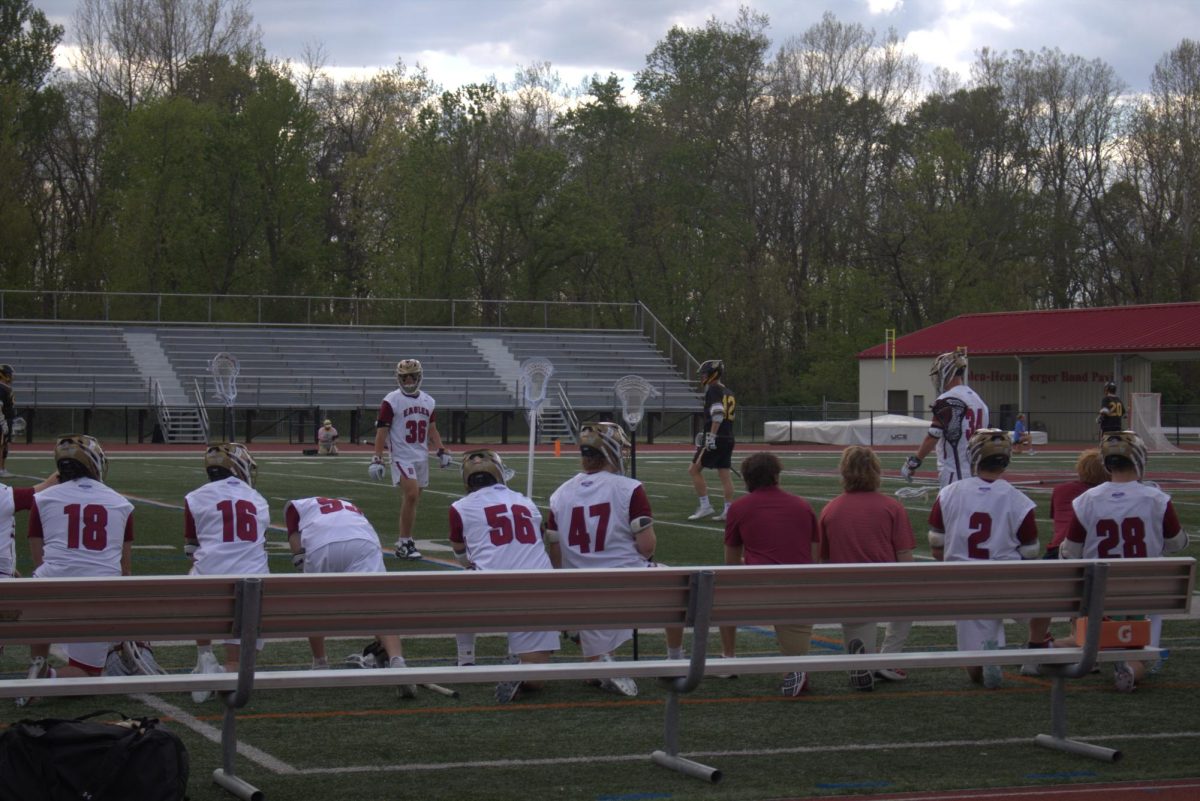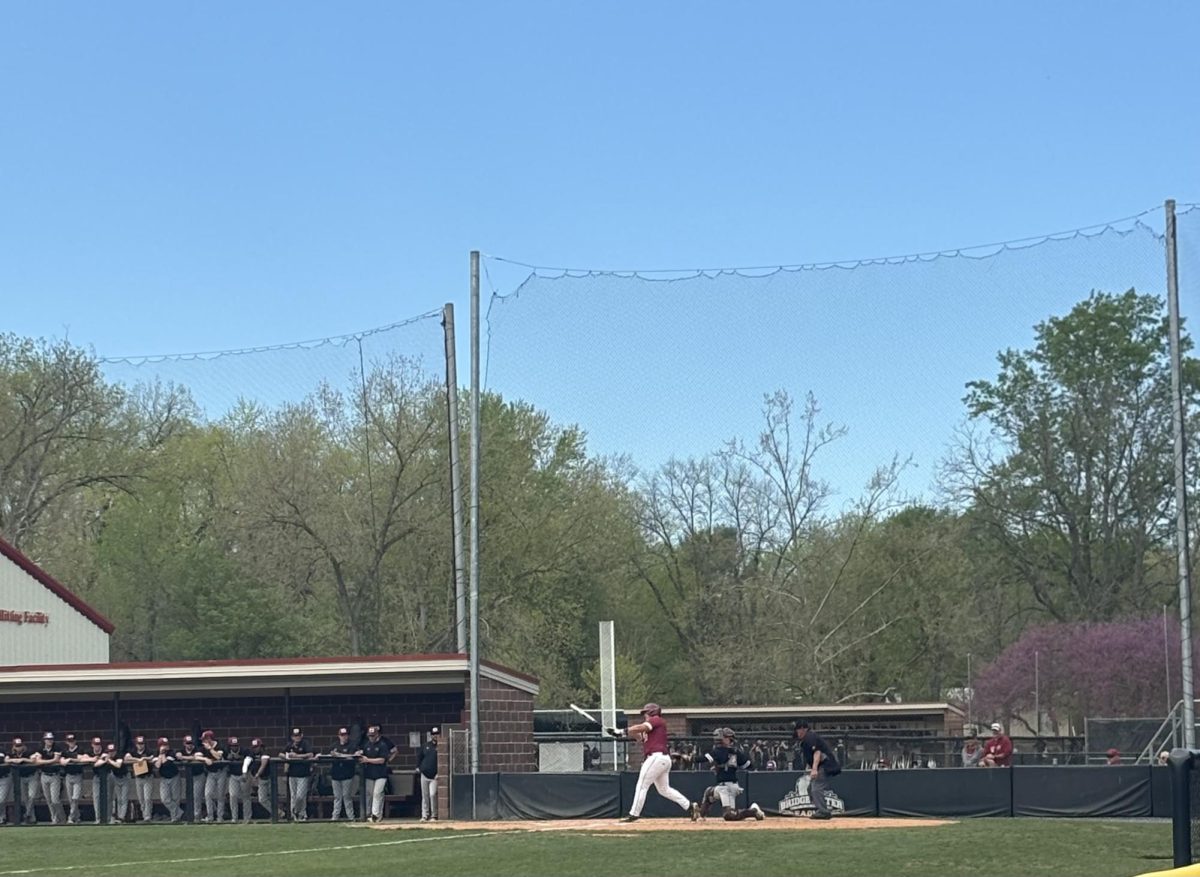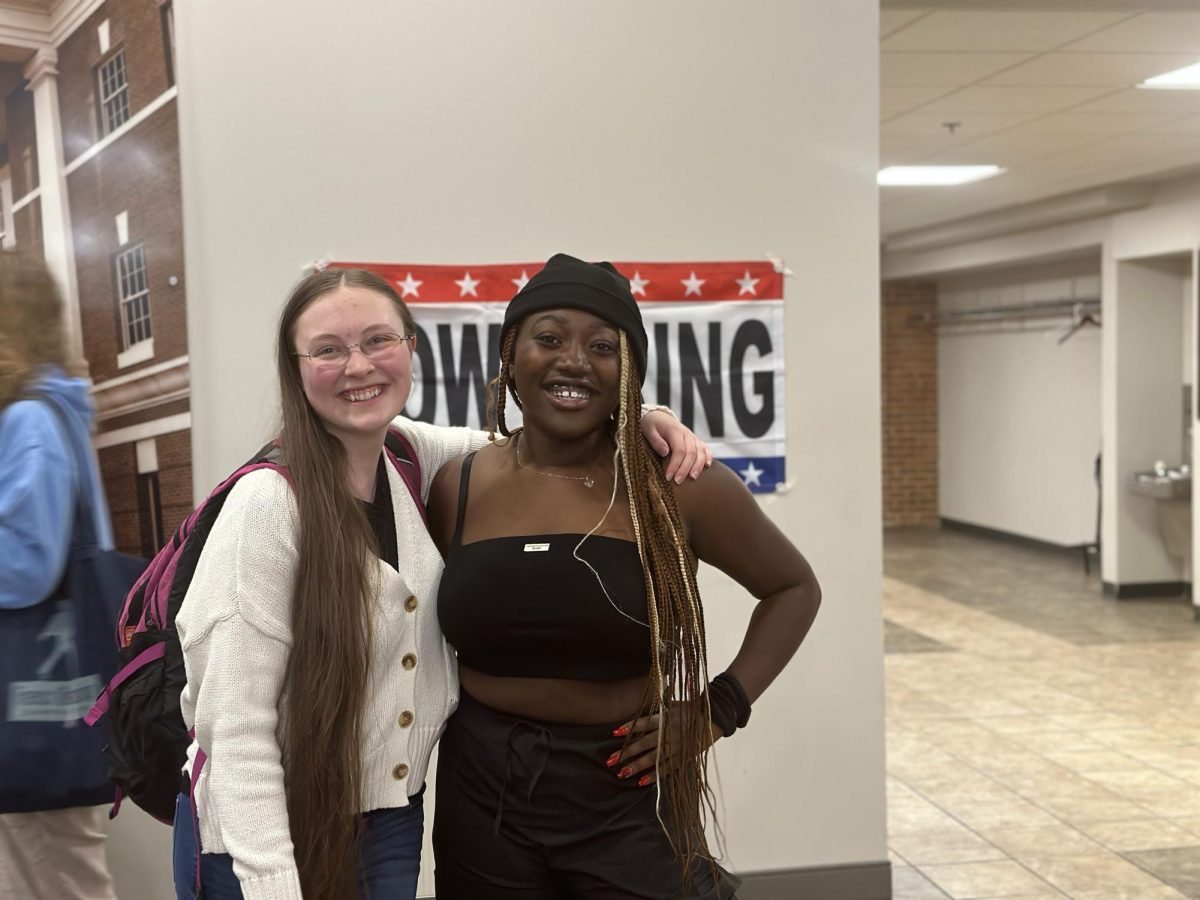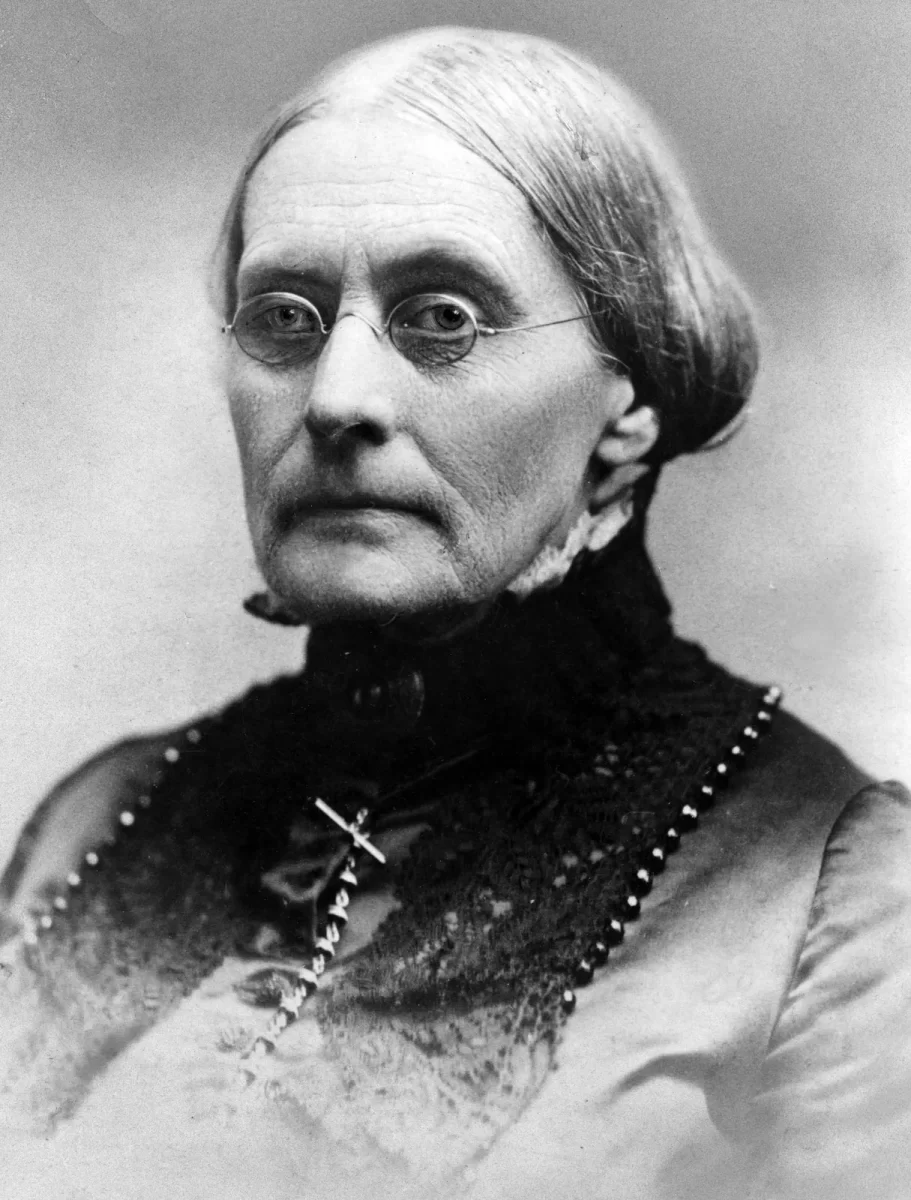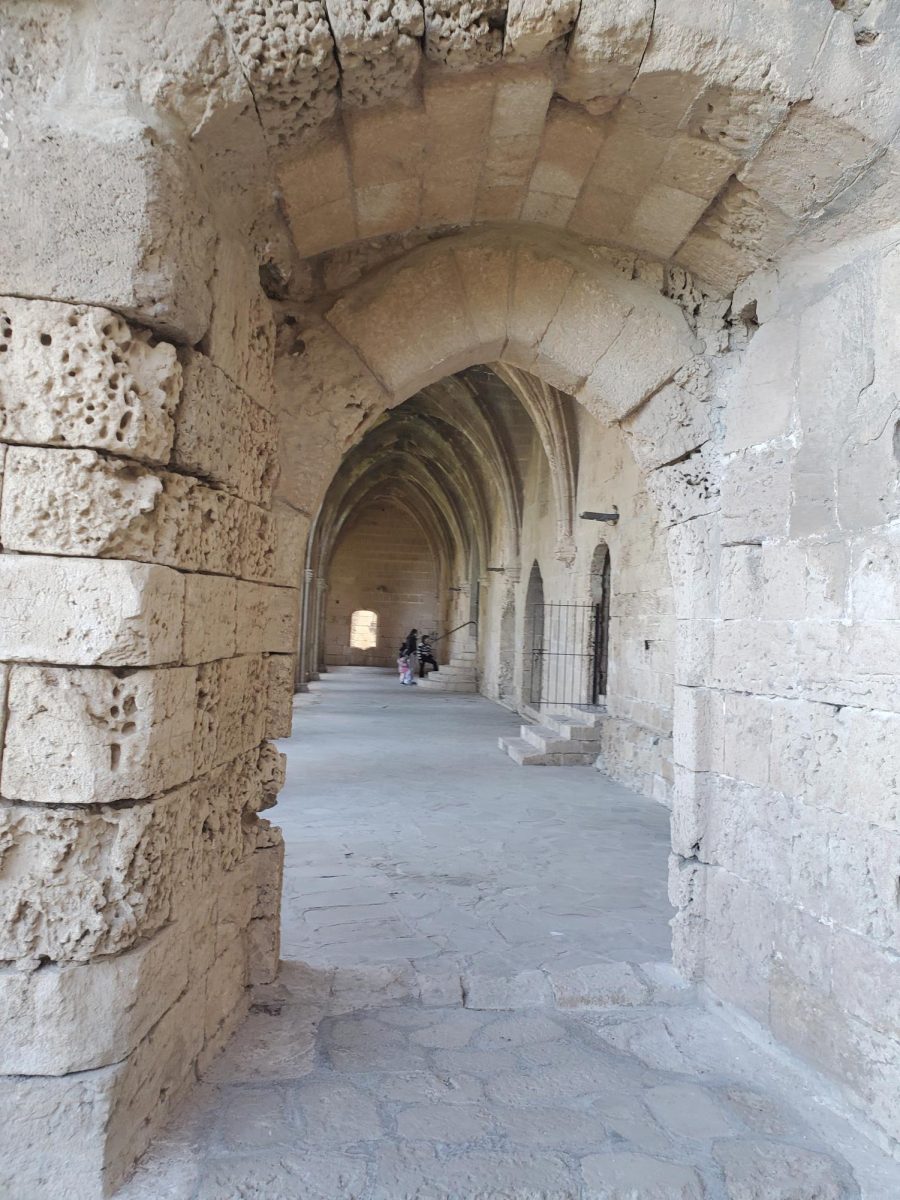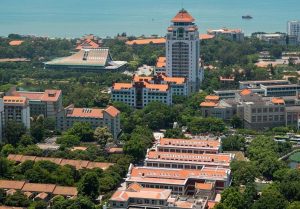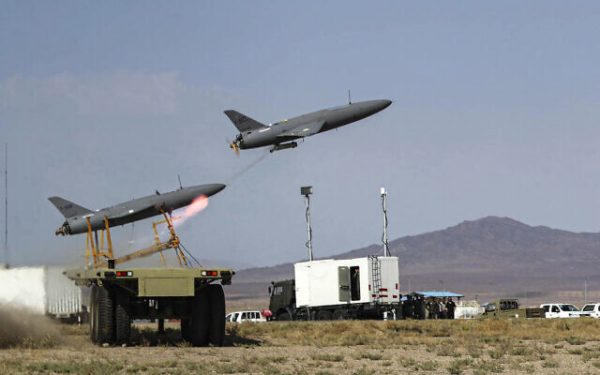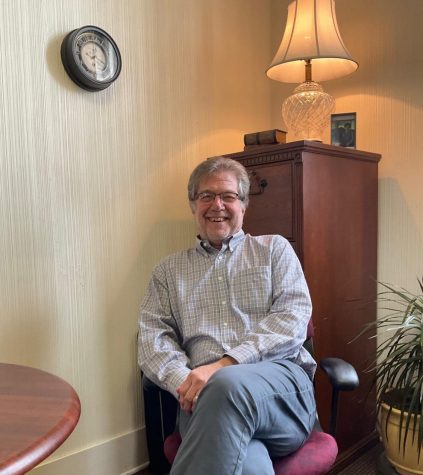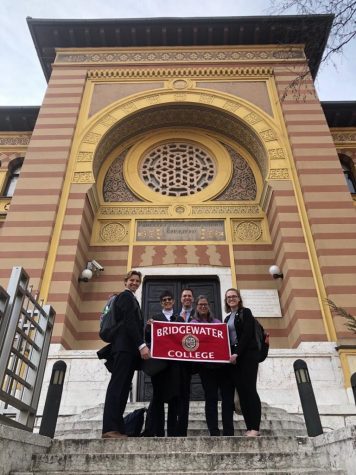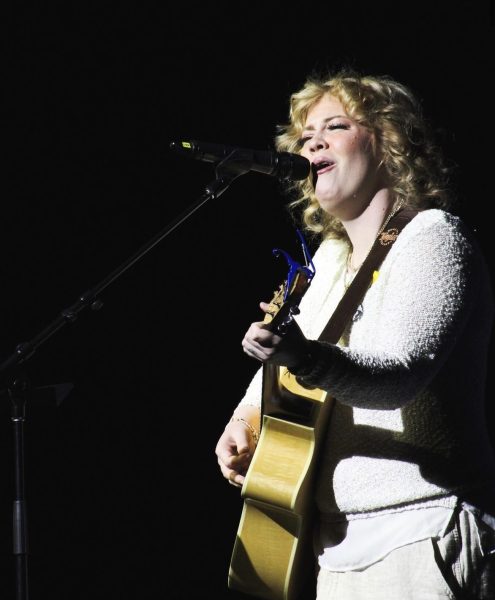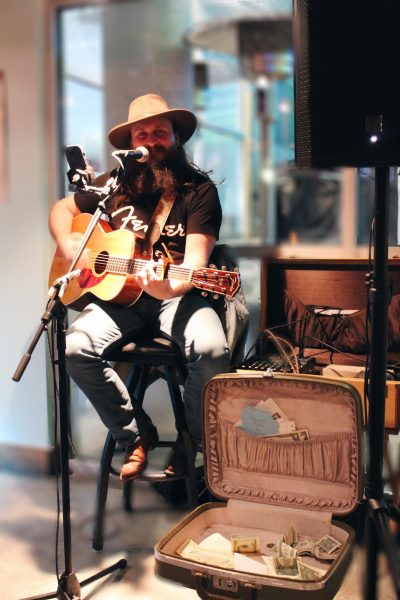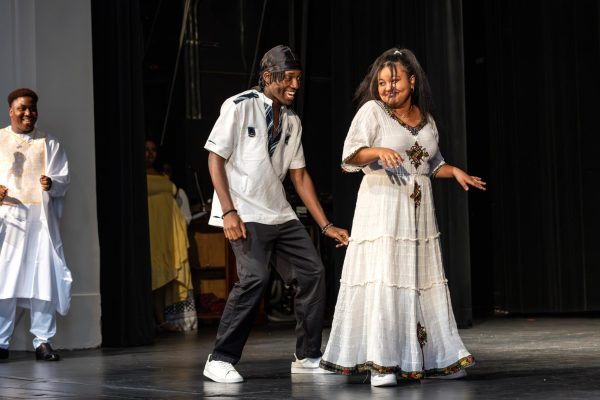The Lebanese Revolution
Commentary
December 6, 2019
Bridgewater, Va.- The Lebanese 2019 revolution is a chain of civil protests that started in 17 October 2019 due to the failure of the Lebanese government in finding solutions for the economical crisis that has been going for years.
The protests officially started when the government announced that they are working on a plan to add more taxes on gas and tobacco in addition to adding taxes for the usage of cellular applications like Whatsapp.
Taxes are not the only issue that the Lebanese people are protesting. From the dollar crisis to the shortage of fuel to garbage to a huge fire outbreak that burnt hundreds of miles of green land due to failure of the wild life management. The fire was worsened by a shortage of equipment; three helicopters that could have helped contain the fire were nonoperational.
The protests started small and with a not many people on the streets of Beirut. On Oct. 17, they blocked one of the most important roads in the city. Thousands of protesters then started showing up in the streets and the government was getting worried so they had to take actions because they saw the power of the people.
After days of protesting, the prime minister Saad Al-Hariri resigned from his position. This empowered the people. Their chant “All of them means all of them” means they will continue to protest until all of the people holding the governmental positions resign and are replaced with other people.
These protesters are on the street with one goal: putting aside their different religions, races and rituals that divide them and uniting for their rights in this country. They have a right to live where they can get services; Lebanon does not provide electricity for 24 hours a day, some homes lack running water, and some live in miserable poverty.
My mother is Lebanese, and I have lived in Lebanon for most of my life. I support the progress the Lebanese people are making. They are protesting without violence and are actually dancing, singing and demanding for their rights in a civilized way. If I were not studying here at Bridgewater, I would like join them because every voice matters.
Their protests should be important to everyone because countries need to hear each other’s screams. Lebanon should get help from other countries, even if simply sharing a post on social media to show other people how the Lebanese are living and what needs to be done.
Saleem Solayman is a first year student. Saleem wrote this commentary as part of Dr. Randy Young’s FILA 150 course which studies current events.

